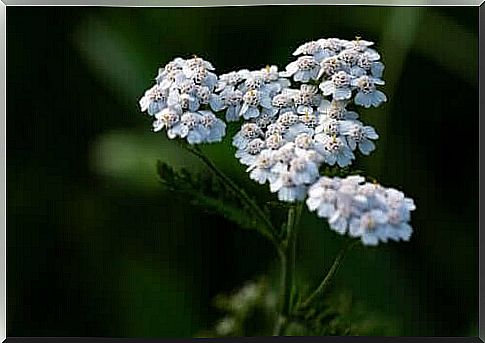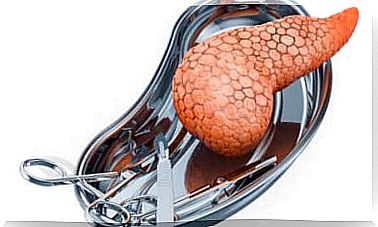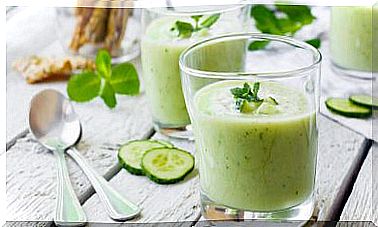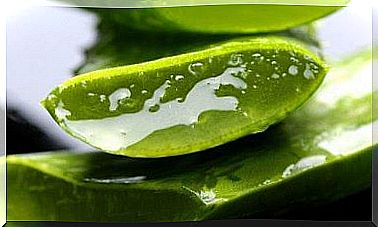Everything You Should Know About Yarrow

Yarrow is a natural product obtained from a plant known by the scientific name Achillea millefolium, which belongs to the family Asteraceae. According to historical data, the name of its genus (Achillea) refers to the warrior, Achilles, in Greek mythology, who used the plant to treat the wounds of his soldiers.
According to a review published in the DARU Journal of Pharmaceutical Sciences , yarrow is known for its significant concentration of phytochemicals, including flavonoids, terpenoids and lignans.
What can we use it for? Read on to find out!
Benefits of and use of yarrow
In natural medicine, people use yarrow orally to relieve various symptoms associated with digestion. Likewise, many believe that it can help treat wounds. To date, however, there is no evidence to confirm these characteristics. As with other herbal remedies, one should therefore use it carefully.
Although some studies indicate that this plant may provide certain benefits such as an herbal tea, extract and essential oil, the evidence is not conclusive and should not be seen as a substitute for medicinal treatments.
Once this is established, we can look at some of its uses.
Yarrow contributes to a healthy digestion
In traditional medicine, people have used yarrow as an aid to digestion. In particular, it is believed to help reduce diarrhea, flatulence and bloating. It is even recommended as a supplement in case of stomach ulcers and irritable bowel syndrome.
This is because its content of flavonoids and alkaloid seems to contribute to the alleviation of these digestive problems, as indicated in a study published in the African Journal of Traditional, Complementary and Alternative Medicines.
On the other hand, the extracts of the plant have acid-neutralizing and anti-inflammatory properties, which can protect against the damage caused by too much stomach acid. In a study on animals published in the Journal of Ethnopharmacology , yarrow demonstrated properties that fight stomach ulcers.
We still need more evidence to be able to make conclusive claims.

Yarrow stimulates wound healing
One of the most traditional uses of yarrow is without a doubt for wound healing. People actually use yarrow extract to make wraps and ointments for this purpose.
A study in animals published in Acta Poloniae Pharmaceutica determined that yarrow leaves have extracts with anti-inflammatory and antioxidant activity. These effects seem to have a positive effect on recovery after injuries.
On the other hand, this study established that the extracts from this plant contribute to increased fibroblasts. Fibroblasts are the cells that are responsible for restoring connective tissue. It can thus be a useful supplement in case of scarring.
It supports the state of the brain
Yarrow supports a good function of the brain. Although there is limited initial evidence in that sense, the findings seem promising in terms of using the plant for cognitive problems.
A review published in the Iranian Journal of Basic Medical Sciences suggests that flavonoids in yarrow serve as an adjuvant for neurodegenerative disorders. Its antioxidant and anti-inflammatory action is more specifically positive in diseases such as:
- Multiple sclerosis.
- Alzheimer’s.
- Parkinsons.
- Stroke.
- Epilepsy.

Warnings and possible side effects of yarrow
Yarrow is safe for most healthy adults as long as you consume it in moderation. However, some people should be careful because of the possible risks of side effects. Pregnant women, for example, should avoid it, as it can cause miscarriages.
For safety reasons, it is also important to avoid using it during breast-feeding, as it may affect the menstrual cycle. Likewise , people with haemophilia or people taking blood thinners should avoid it as it increases the risk of bleeding.
In connection with this , one should not take it before or after an operation because of the risk of bleeding. People who have allergic reactions to ambrosia and similar plants should not take it either.
There is no evidence as to what the safe dose of yarrow is. It can vary depending on the age, health and possible ailments of each individual person. One should talk to a doctor before taking it or other natural remedies.









